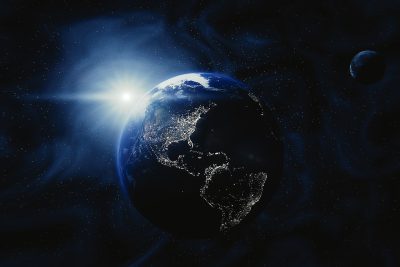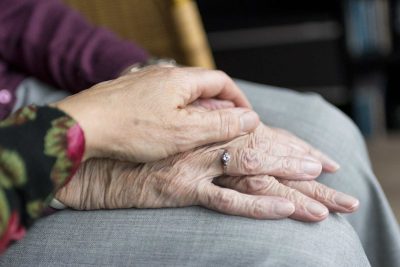Climate change is all around us – in the news, in the weather, and in our daily lives. But because it is talked about so much, it is easy to forget exactly why it is happening, the impact it will have on all our lives, and how we have the chance to rewrite the story’s ending and save this beautiful but fragile planet.
What Is Climate Change?
The Earth’s atmosphere naturally traps some of the sun’s heat, and this is what allows this planet to support life. Without this ‘greenhouse effect’, Earth would be 30°C colder than it is and a hostile environment to try to survive in. And while there are natural fluctuations, the Earth has been warming up consistently and significantly, and is now rising faster than at any other time in history. In fact, the past six years have been the hottest ever recorded.
Carbon dioxide, methane and nitrous oxide are some of the most common and dangerous greenhouse gases that trap heat and cause global temperatures to rise. And the reason these gases are becoming more concentrated in the atmosphere is because of how people live, eat and treat the planet.
How is Climate Change Measured Over Time?
Scientists take readings from the surface of the Earth, from the oceans and from space, and together these measurements give a clear indicator of how the temperature of the Earth is changing.
Readings from the Earth’s surface are taken from both land and sea surfaces, and we have data from these that goes back to the mid-nineteenth century. Scientists have also maintained long-running observational records of the levels of carbon dioxide in the atmosphere, going back to the late 1950s. These readings suggest that atmospheric CO2 has increased by nearly 50 per cent since the pre-industrial period.
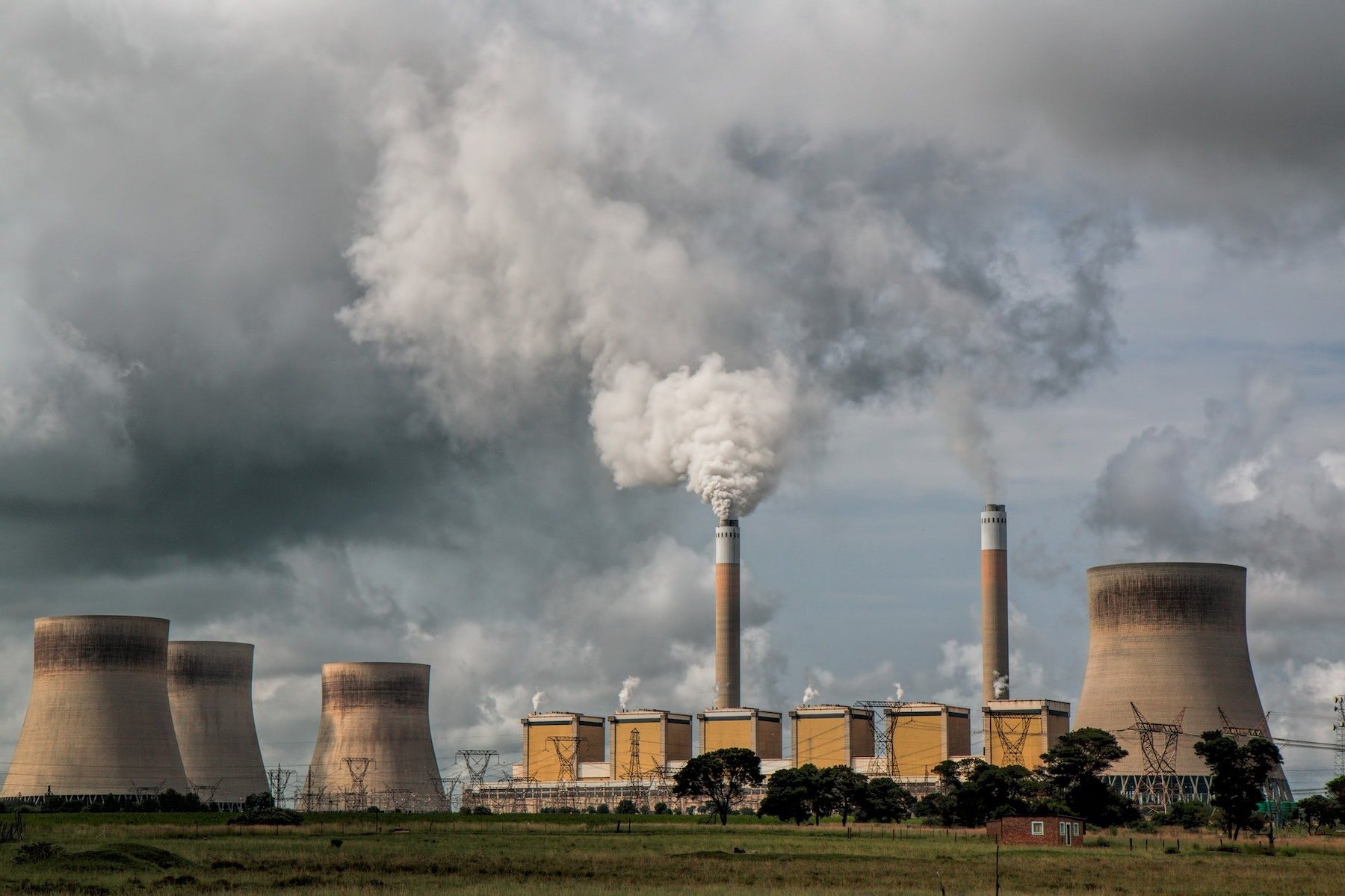
What Are Causes Of Climate Change?
There are multiple causes, both natural and human-created, but by far the biggest, the most dangerous and the ones we must tackle are those caused by people.
Natural Causes Of Climate Change
There are some natural events that cause the climate to change, including variations in the tilt and orbit of the Earth around the sun, fluctuations in the amount of radiation from the sun, and volcanic activity which releases carbon dioxide into the atmosphere.
Human Causes Of Climate Change
There are many ways in which human activity causes the climate to change, but the greatest problems are:
- burning fossil fuels (coal, oil and gas) – that is, when we fly, drive petrol or diesel cars, heat our homes with non-renewable energy, and through the production of all the thousands of things we buy in our lifetimes
- the farming of animals and the production of meat, dairy and eggs
- deforestation, much of it for logging and to create pasture for farmed animals, or to grow feed to ship to animal farms around the world
- dumping waste in landfill – all those things we buy end up junked, decomposing and releasing methane into the atmosphere
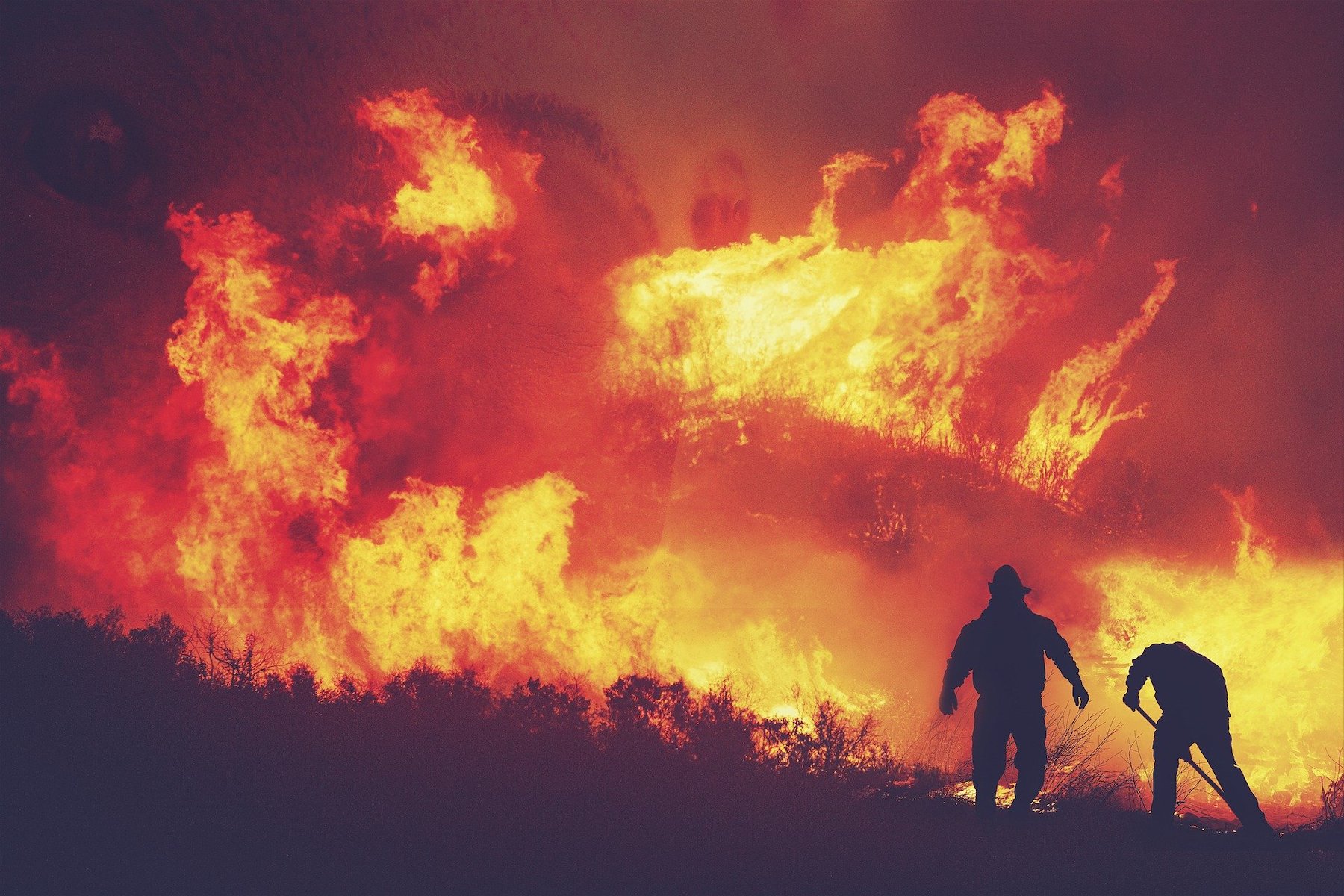
What Are The Effects Of Climate Change?
Extreme weather events are getting more frequent and more serious. Heatwaves, droughts, torrential rain and flooding all endanger lives. Wildfires and forest fires are becoming more common. These decimate wild populations, risk the lives of people, and release still more carbon dioxide into the air, creating a dangerous cycle.
In some parts of the world, we are already seeing a rise in heat-related deaths, and climate change is also exacerbating the spread of disease.
Melting ice means sea levels are rising. This leads to flooding, the erosion of coastlines and the loss of coastal communities. Already, climate migrants are being forced to leave their homes due to sea level rise, changing rainfall, and heavy flooding. In 2018 alone, there were 17.2 million new displacements associated with disasters in 148 countries and territories.
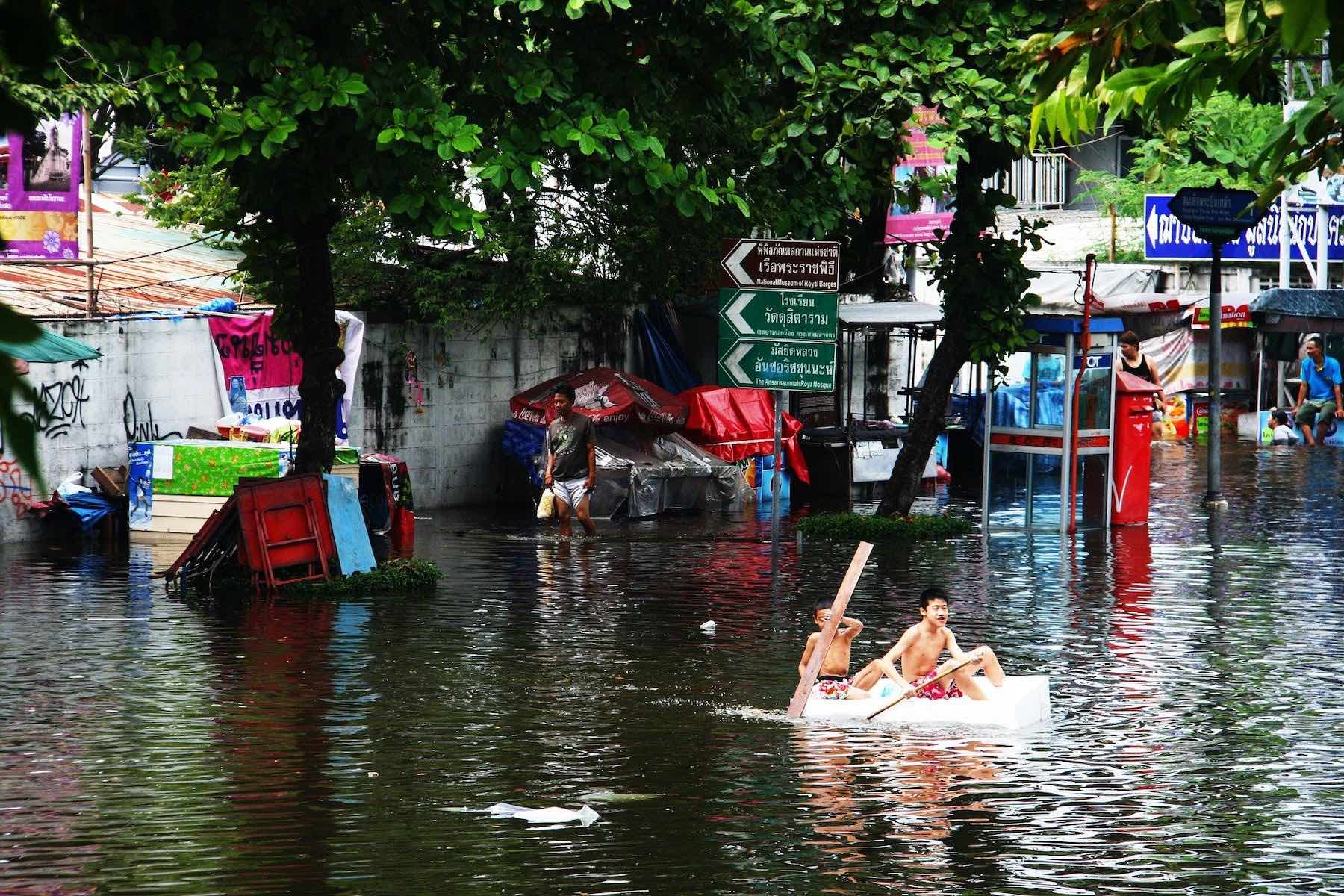
Damage to landscape, urban areas, homes and businesses is already having a huge financial and emotional impact. This will only worsen as the climate heats up.
Climate change is also driving extinctions as habitats are destroyed or changed by climate change, or the plants they rely on for food flower too soon for their young to eat.
Climate Change Facts
- The absolute upper limit that scientists warn we must not exceed is a 2°C rise above pre-industrial levels, but the lower the rise, the less damage is done, and so every fraction of a degree counts. Already, temperatures have risen by 1°C.
- 194 states and the European Union (which comprises another 27 states) have signed the Paris Agreement, which requires all signatories to undertake ambitious efforts to tackle climate change.
- While it’s good news that so many countries have signed the Paris Agreement, most are not doing enough to keep temperature rise below that all-important 2°C level. Some are recklessly increasing their emissions.
- Governments have a huge part to play in tackling climate breakdown but individuals should also act. Those of us who live in wealthier countries and consume most of the world’s resources need to make some fundamental changes to how we live.
How Can We Prevent Climate Change?
We cannot prevent climate change – it is already happening – but if we act now, we can slow it down and prevent catastrophic breakdown.
Researchers at Lund University undertook a comprehensive study to discover the most important changes we as individuals can make to reduce our own climate impact. They found there were four things we should focus on: eating a plant-based diet, avoiding air travel, living car free, and having fewer children.
These are not surprising. We have long known that air and car travel is not good for the planet, and it is obvious that having a child doubles your own impact! But did you know that an incredible 14.5 per cent of all human-generated greenhouse gas emissions come from farming animals? The Earth simply cannot sustain our meat consumption.
WWF has produced an excellent Carbon Footprint Calculator. Take the questionnaire and see if your lifestyle falls within your own carbon budget or whether you might be over-spending.
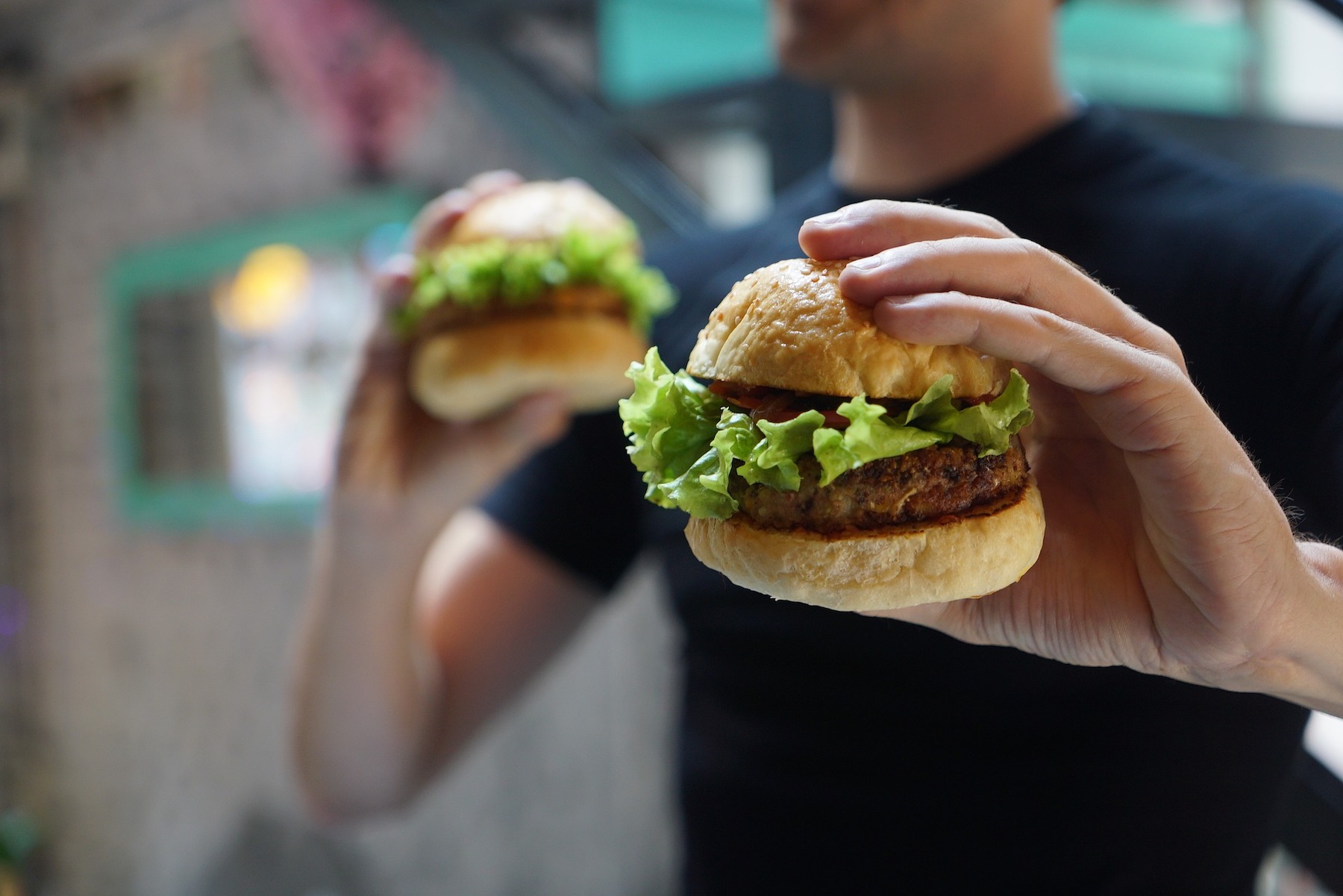
Conclusion
Climate breakdown is devastating our beautiful planet and the richness of life on it. Everything we know is at risk. Governments are slow to act but we do not need their permission to do all that we can to help protect the Earth. Increasingly, people are choosing to eat plant-based as one powerful way to contribute to a healthier planet for all. Making simple swaps to plant milk, for example, or choosing veggie burgers over meat ones, is all it takes.
Find out more about fighting climate change with diet change with our free Vegan Starter Kit and Health & Nutrition Guide.
